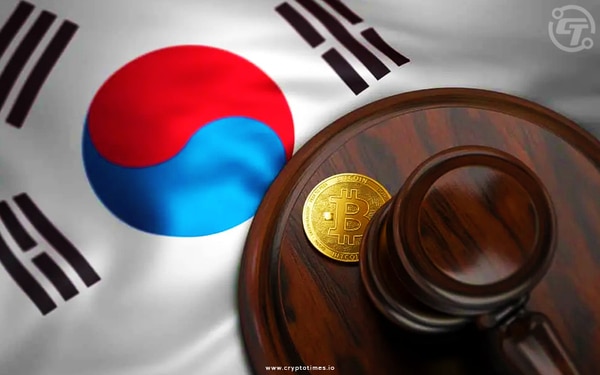A recent ruling by the Seoul High Court upheld the judgment that Bitcoin and other cryptocurrencies cannot be subjected to interest rate limitations. This verdict stems from the court’s classification of cryptocurrency as an asset rather than a legal tender, meaning it falls outside the purview of conventional financial regulations.
The case involved two unnamed firms Company A, a cryptocurrency fintech firm, and Company B. In October 2020, Company A lent 30 Bitcoins to Company B for three months on the agreement that Company B would repay the principal along with interest rates of 5% for the first two months and 2.5% for the following month, paid in Bitcoin.
However, Company B failed to fulfill the agreed repayment schedule, leading to an extension of the loan period and a change in the interest rate to an annual rate of 10%.
Despite these adjustments, Company B didn’t repay the loan as agreed, prompting Company A to initiate a lawsuit.
In defense, Company B claimed that Company A had violated the Interest Limitation Act and the Loan Business Act as the monthly interest rates translated to annual rates of 60% and 30%, exceeding the legal cap of 24%.
The Seoul High Court dismissed Company B’s claims, maintaining that the contract was based on virtual assets, not money, and thus didn’t fall under the Interest Limitation Act or the Loan Business Act
Also Read: FATF Calls for Crypto Travel Rule to Tackle Financial Crimes
The court ruled that Company B should return the Bitcoins according to the contractually agreed interest rate. This judgment reiterates that South Korean courts consider cryptocurrencies as assets rather than legal tender.






